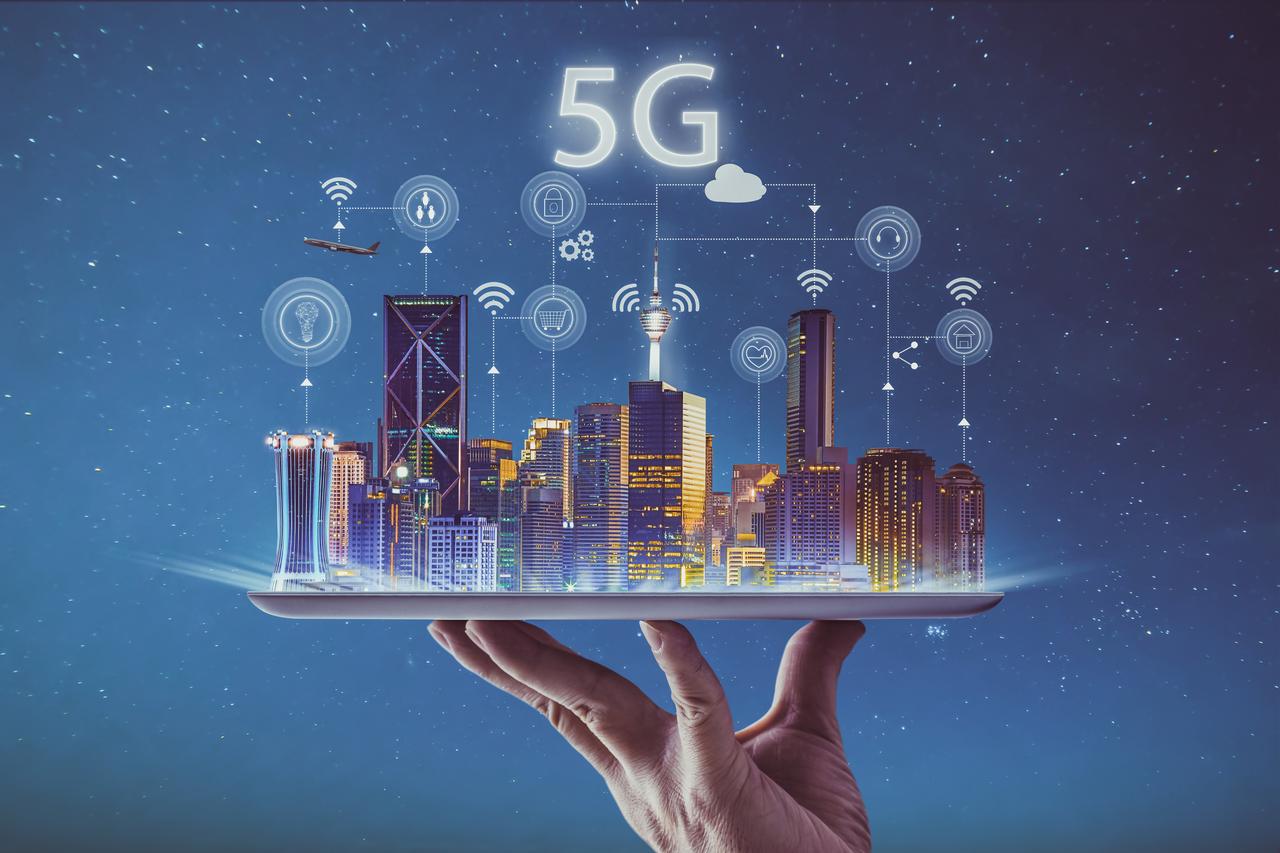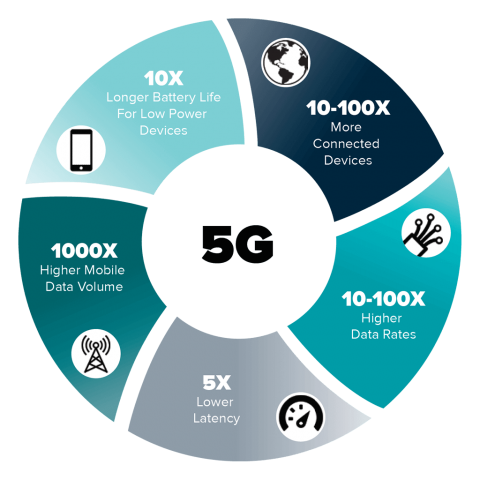In the rapidly evolving landscape of technology, 5G has already made waves as a game-changer in telecommunications and connectivity. It's faster, more reliable, and capable of connecting more devices than ever before. However, the future of connectivity doesn't stop at 5G. In this blog post, we'll delve into the promising horizons of 5G and beyond, exploring the innovations and possibilities that lie ahead.
- 5G: A Glimpse of the Present Apple, Microsoft, Verizon, T-mobile, Sprint, Boost
Before we dive into the future, let's first take a closer look at where we stand with 5G. The fifth generation of wireless technology, 5G, has already begun to revolutionize industries and our daily lives. Its main features include:
- Higher Speeds: 5G offers significantly faster download and upload speeds, making tasks like streaming high-quality videos or online gaming smoother and more enjoyable.
- Lower Latency: This reduction in delay allows for near-instant communication between devices, crucial for applications like autonomous vehicles and telemedicine.
- Increased Capacity: 5G can support more devices in a given area, providing connectivity for a growing number of IoT (Internet of Things) devices.
- Beyond 5G: What Lies Ahead?
The journey beyond 5G, often referred to as 6G and beyond, holds enormous potential. Here are some of the key areas of innovation and development:
Apple, Microsoft, Verizon, T-mobile, Sprint, Boost
Faster Speeds: The most obvious improvement is even faster data speeds. While 5G can handle gigabits per second, 6G is expected to reach terabits per second, opening up possibilities for truly immersive augmented and virtual reality experiences, as well as instant downloads of large files.
Ultra-Low Latency: Reducing latency even further will be a primary goal. With latency in the single-digit milliseconds, applications like remote surgery, haptic communication, and real-time remote control of machinery will become practical.
Sustainable Networks: As we move into the future, sustainability is a major concern. 6G and beyond will need to focus on energy-efficient networks that reduce the carbon footprint and minimize environmental impact.
Quantum Communication: Leveraging the principles of quantum mechanics, quantum communication will provide unprecedented security for data transfer, making it virtually unhackable. It's an exciting frontier for secure communication in the digital age.
AI Integration: The combination of 6G and artificial intelligence (AI) will give rise to autonomous systems that can make real-time decisions and optimize network resources, improving overall performance and user experiences.
- Applications and Impact
Apple, Microsoft, Verizon, T-mobile, Sprint, Boost
The evolution of wireless technology, from 5G to beyond, will impact various sectors:
Healthcare: Remote surgeries, patient monitoring, and telemedicine will become more reliable and immersive, improving healthcare accessibility worldwide.
Transportation: Autonomous vehicles will benefit from ultra-low latency, allowing for safer and more efficient self-driving experiences.
Entertainment: Immersive entertainment experiences, from gaming to augmented reality, will redefine how we interact with digital content.
Smart Cities: Smart cities will be more sustainable and interconnected, with improved public services, traffic management, and energy efficiency.
Industrial Automation: Smart factories will rely on ultra-reliable, low-latency connectivity to enable efficient and flexible manufacturing processes.
- Challenges and Considerations Apple, Microsoft, Verizon, T-mobile, Sprint, Boost
While the future beyond 5G is exciting, it also presents several challenges:
Infrastructure: Implementing these technologies will require significant investments in infrastructure, including new cell towers and satellite networks.
Security: With more devices and data traffic, ensuring the security and privacy of data will be a top priority.
Regulatory Frameworks: Governments and regulatory bodies will need to adapt and create new frameworks to oversee these advanced networks and services.
Privacy Concerns: As connectivity becomes even more integral to our lives, the collection and use of personal data will be a critical issue.Apple, Microsoft, Verizon, T-mobile, Sprint, Boost
- The future of connectivity is a thrilling journey that extends well beyond 5G. With faster speeds, lower latency, and innovative applications, 6G and beyond promise to reshape the way we live, work, and interact with technology. While there are challenges to overcome, the potential benefits are substantial, making it an exciting time for innovation and technological advancement. As we venture into this future, it's important to remain vigilant, ensuring that these technologies are harnessed for the betterment of society while addressing concerns related to privacy and sustainability. Apple, Microsoft, Verizon, T-mobile, Sprint, Boost Apple, Microsoft, Verizon, T-mobile, Sprint, Boost









0 Comments